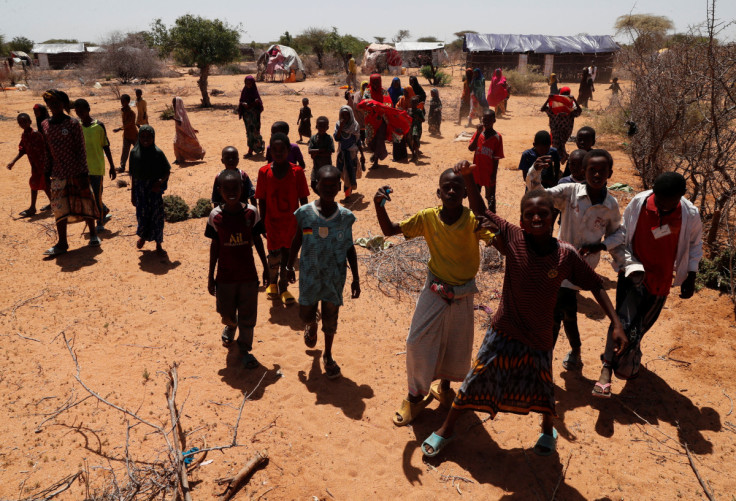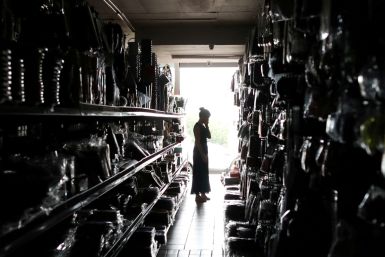Deputy Minister Seitlholo Inspects Water Infrastructure In North West Amid Cholera Threat

Water and Sanitation Deputy Minister Sello Seitlholo assessed the water and wastewater treatment facilities in the Northwest on Thursday, following the recent discovery of cholera-causing bacteria in raw water.
The deputy minister started his day by meeting with different stakeholders at the Lekwa-Teemane Council Chambers in Bloemhof. After that, visited several sites including Bloemhof Dam, Christiana Waste Water Treatment Works and Bloemhof Water Treatment Works.
"The Deputy Minister will meet different stakeholders and the Executive Mayors of Dr Ruth Segomotsi Mompati, Francis Baard and Pixley ka Seme District Municipalities to assess their progress in implementing recommendations made by the department to comply with the required standards of effluent before it is discharged into water courses," the Department of Water and Sanitation (DWS) said, SA News reported.
It added, "He will also assess the conditions of the water treatment works and waste water treatment plants in Bloemhof and Christiana, under Dr Ruth Segomotsi Mompati District."
The department recently warned about the presence of cholera bacteria in raw water along the Harts and Vaal rivers. This was discovered during routine water sampling at five monitoring sites: Wentzel Dam, Schweizer Reneke, Christiana, Barkley West Caravan Park, and Douglas Weir.
Environmental non-toxic cholera (Vibrio cholerae) has also been found at Wentzel Dam in the Harts River near Schweizer Reneke and Pampierstad.
The department has identified that the possible sources of pollution are from wastewater treatment facilities discharging effluent into the rivers. Seitlholo will also share the latest report on the tests conducted at these water sources.
Earlier this year, Deputy Minister of Health Sibongiseni Dhlomo urged South Africans to exercise caution and maintain personal hygiene amid the detection of two confirmed cholera cases in Limpopo province.
The health department noted that both cases originated from the neighboring country, Zimbabwe. The first case was confirmed in a 43-year-old man living in the Musina sub-district in the Vhembe District. He has been discharged from Musina Hospital.
Last year, a cholera outbreak caused nearly 50 deaths in the South African province of Gauteng, in the Hammanskraal area.
Following the outbreak, the City of Tshwane Metropolitan Municipality shared that the city doesn't have potable water; however, 52 water tankers reached there three times a week, and 40 water trucks were provided daily in Region 2 to ensure that people get safe drinking water.
© Copyright 2025 IBTimes ZA. All rights reserved.


















